7 Kinds of Childhood Trauma
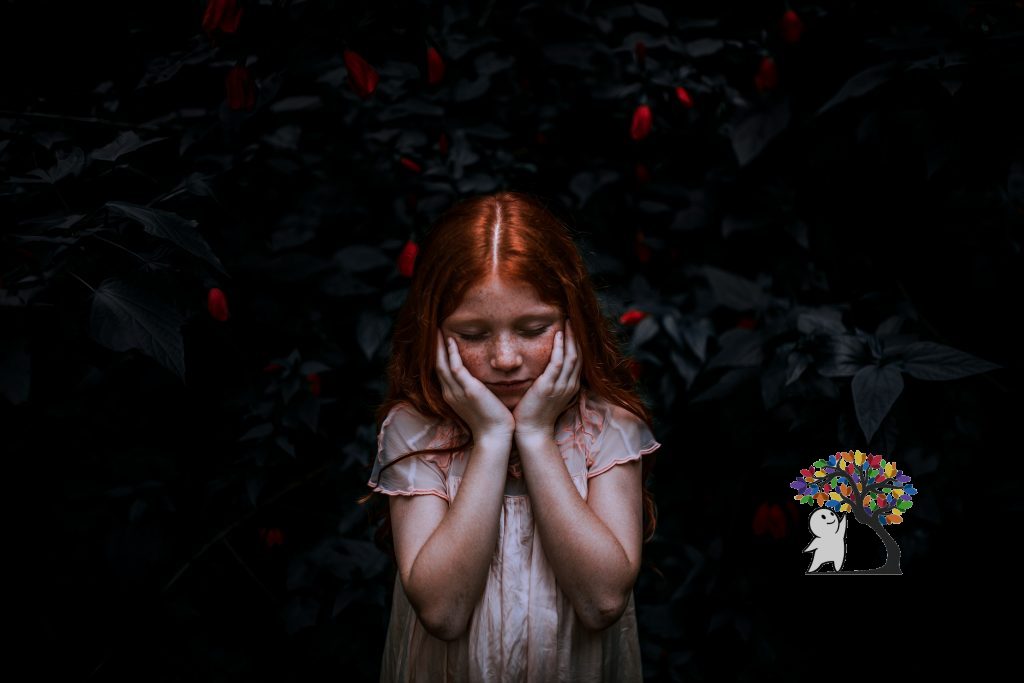
Our childhood plays a major role in shaping the person we become as we grow older, and any traumatic event we may have experienced when we were younger tends to stay with us for years to come. Adverse Childhood Experiences (ACEs) are traumatic events that occur before the age of 18. According to the U.S. Department of Health and Human Services – Children’s Bureau (2020), ACEs include all types of abuse and neglect, as well as other kinds of childhood trauma (such as illness, injury, and bullying).
People who experienced ACEs often suffered from poorer physical and mental health, substance abuse, and emotional trauma. Over 61% of adults in the United States reportedly experienced at least one type of ACE, while approximately 1 in every 6 people experienced as many as four or more (National Survey of Children’s Health, 2016).
With that said, here are the 7 most common kinds of childhood trauma or ACEs:
1. Abuse
Whether it’s physical, emotional, or sexual in nature, abuse takes a serious toll on our mental health and is by far and away the most harmful of all Adverse Childhood Experiences. Being abused or watching a parent or sibling being abused, especially at a young age, can lead to a number of serious, often long-term psychological consequences.
It gives you a negative outlook on life, damages your self-esteem, and leaves you struggling with constant feelings of loneliness, emptiness, and hopelessness even as you grow older. Child abuse and domestic violence also put people at higher risk for developing clinical depression, PTSD, and tendencies of self-harm and suicidal behavior (Teicher & Anderson, 2011). Not only that, statistics report that approximately 30-40% of children who were victims of abuse grew up to become abusers later on in their lives, too (Glasser, et al., 2001).
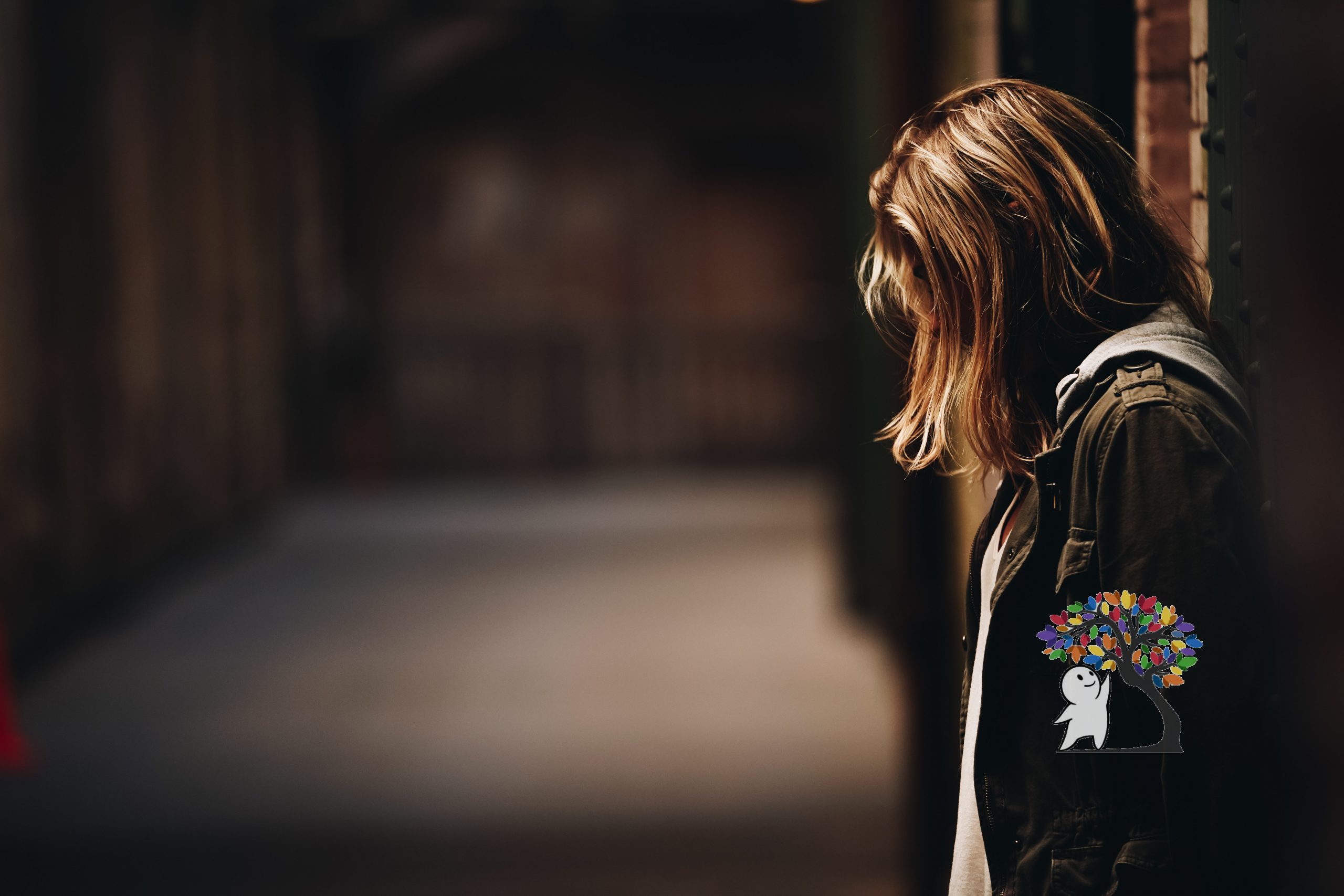
2. Neglect
An equally dangerous and traumatizing kind of ACE is neglect, an often overlooked form of abuse. Defined as “a deficit in meeting a child’s basic needs”, child neglect refers to a parent’s failure to provide adequate food, clothing, shelter, education, emotional support, and medical care to their children (Bovarnick, 2007).
Some of the most common examples of child neglect include: abandonment, irresponsible supervision (i.e. allowing them to do dangerous things or witness extreme violence), severe punishment (i.e. starving the child or threatening them with violence), and emotional neglect (i.e. dismissive behavior, being unsupportive, being absent at important life events). By failing to provide the child with a safe home environment and showing such reckless disregard for their well-being, victims of child neglect often have difficulty forming healthy and stable relationships as they grow older. (Read 6 Ways Your Attachment Style Affects Your Life to learn more about the impact of early childhood experiences in shaping our adult relationships.)

3. Mental Health Issues
Mental health issues considered as Adverse Childhood Experiences mainly refer to the mental illness of a parent and how it can negatively affect a child’s life. According to the Yale Medicine Child Study Center (2020), over 15 million children in the United States live with a parent who has been diagnosed with severe depression. Because depression compromises parental bonding and nurturing, depressed parents have been found to interact with their children in ways that seriously impair their development. They tend to be less supportive, affectionate, and expressive with their children, and as a result, may severely neglect their emotional needs and cause them to grow up emotionally stunted.
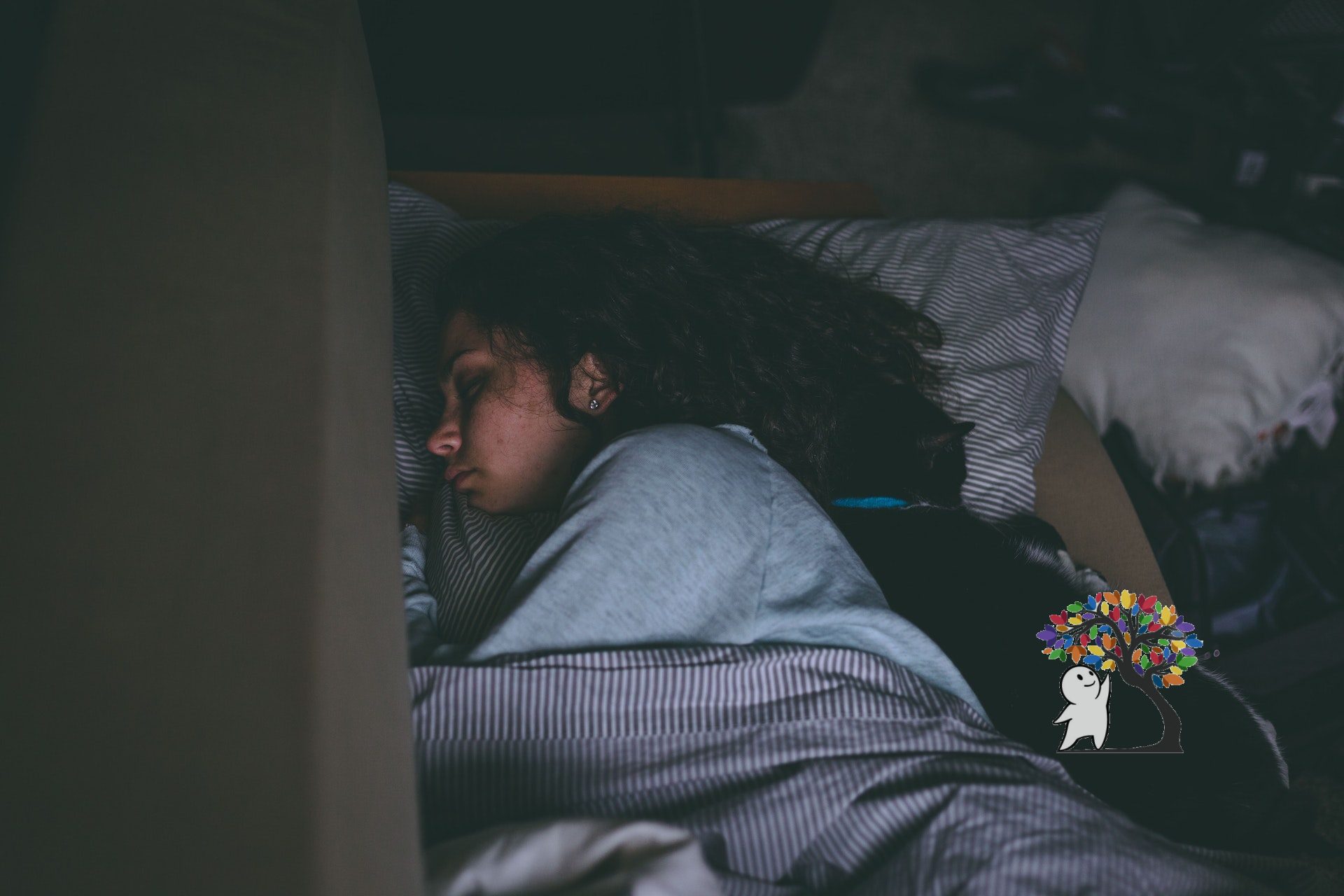
4. Risky Behaviors
Risky behaviors are defined as any potentially health- or life-threatening behaviors that endanger the safety and well-being of both the parent and their child. The most common kinds of risky behaviors are alcohol abuse and substance abuse. Because children are so susceptible to the examples and influences of their parents, it’s no surprise that those with an alcoholic or drug dependent parent often develop substance abuse problems of their own in the future (American Addiction Center, 2019). They’re also more likely to struggle with feelings of shame, guilt, and isolation; suffer from a lack of attention; have a fear of anger and conflict; and suffer from depression or anxiety (Anda, et al., 2006)

5. Serious Injury
Have you ever been in an accident and got hurt badly? Do you have a childhood injury that still haunts you, to this day? Car accidents, falls, explosions, animal bites, and other kinds of accidents are incredibly distressing experiences to go through, and the injuries we get from them even more so. Fractures, burns, amputations (i.e. the loss of a limb), brain damage, and the loss of a major sense (such as hearing or sight) are all examples of Adverse Childhood Experiences (Hughes, et al., 2017).
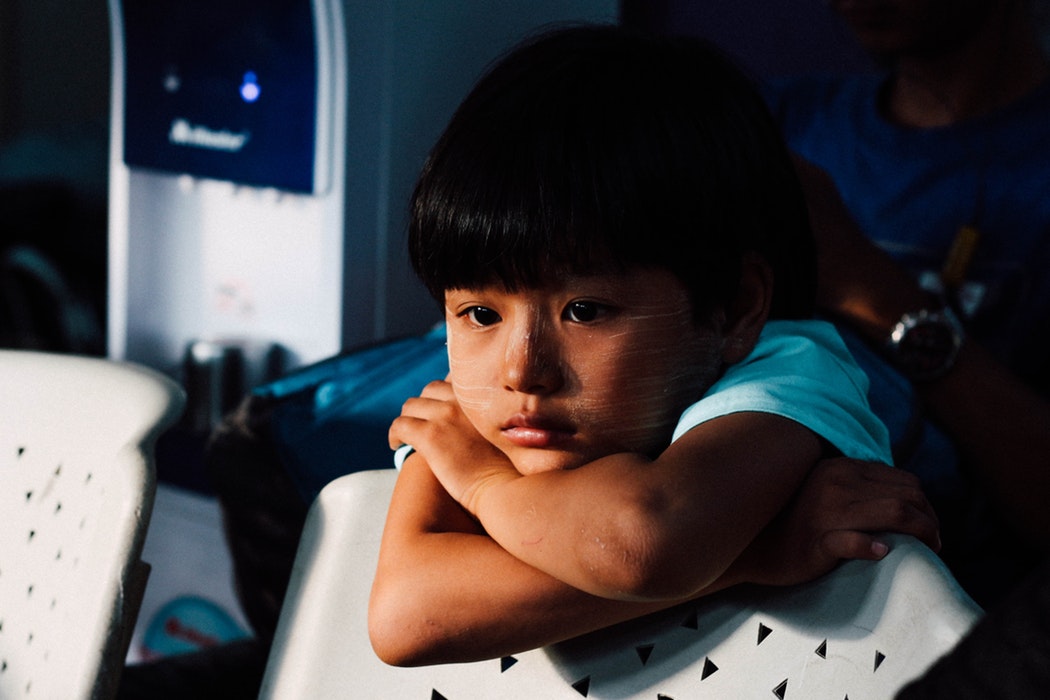
6. Serious Illness
Aside from injuries and accidents, being diagnosed with a serious illness can be considered a traumatic childhood experience as well. Children who battle deadly or infectious illnesses (such as cancer, heart problems, and malaria) often feel isolated from their peers because they spend so much of their time being treated at hospitals or clinics. The severity of their symptoms might also restrict their lifestyle and keep them from doing the things they want, while their parents may suddenly become more controlling and protective of them (Schilling, Aseltine, & Gore, 2007).
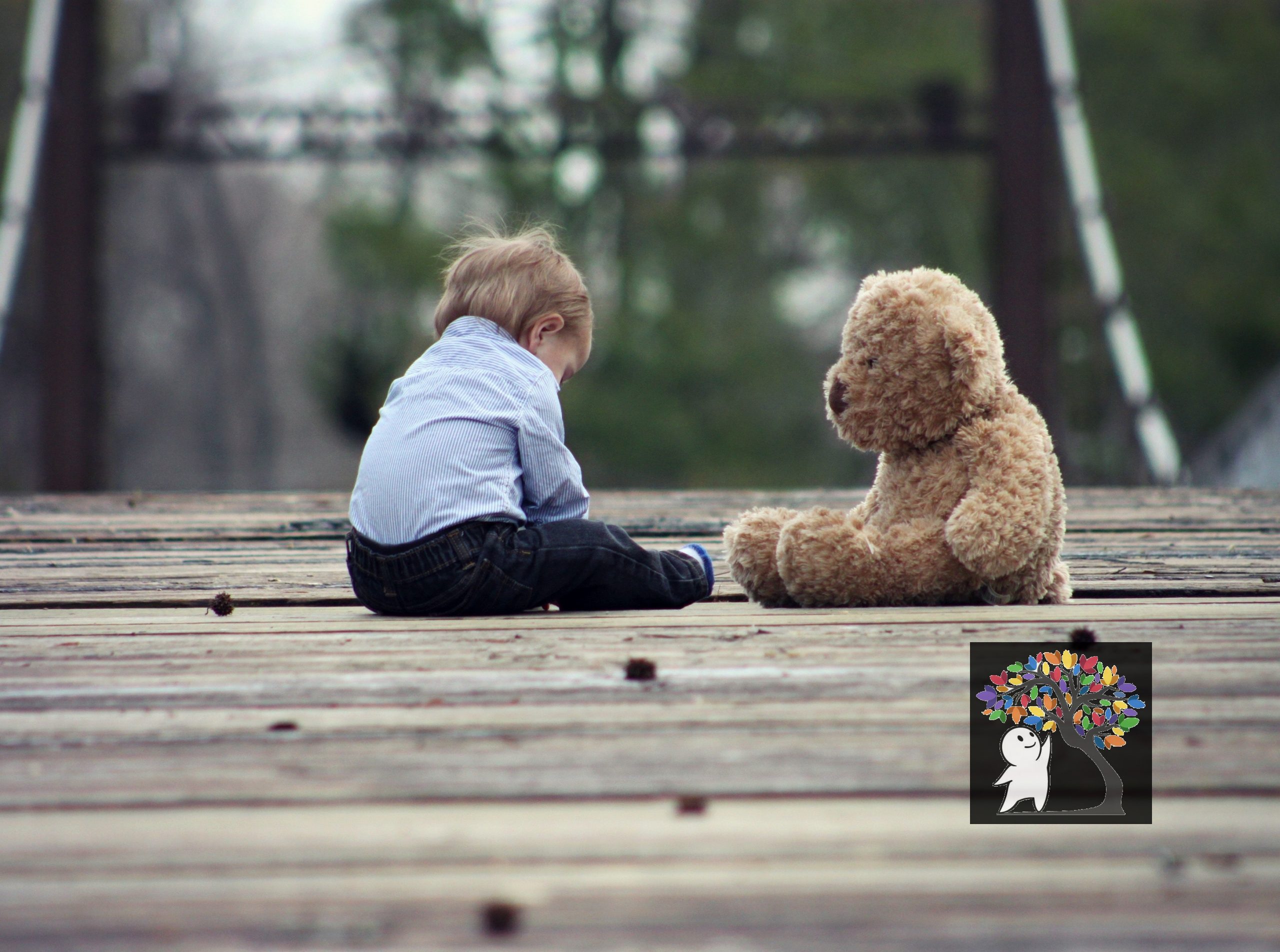
7. Problems at School
Last but certainly not the least, Adverse Childhood Experiences don’t only take place at home. Many school-related problems can also be traumatizing for children at a young age, especially bullying. Because children lack the emotional maturity to understand that it’s not their fault for falling victim to bullying, most of them internalize the experience and wrongly come to believe that they somehow deserved it. It warps their view of others and of themselves and leaves them struggling with feelings of loneliness, helplessness, depression, and anxiety (Rigby, 2003).
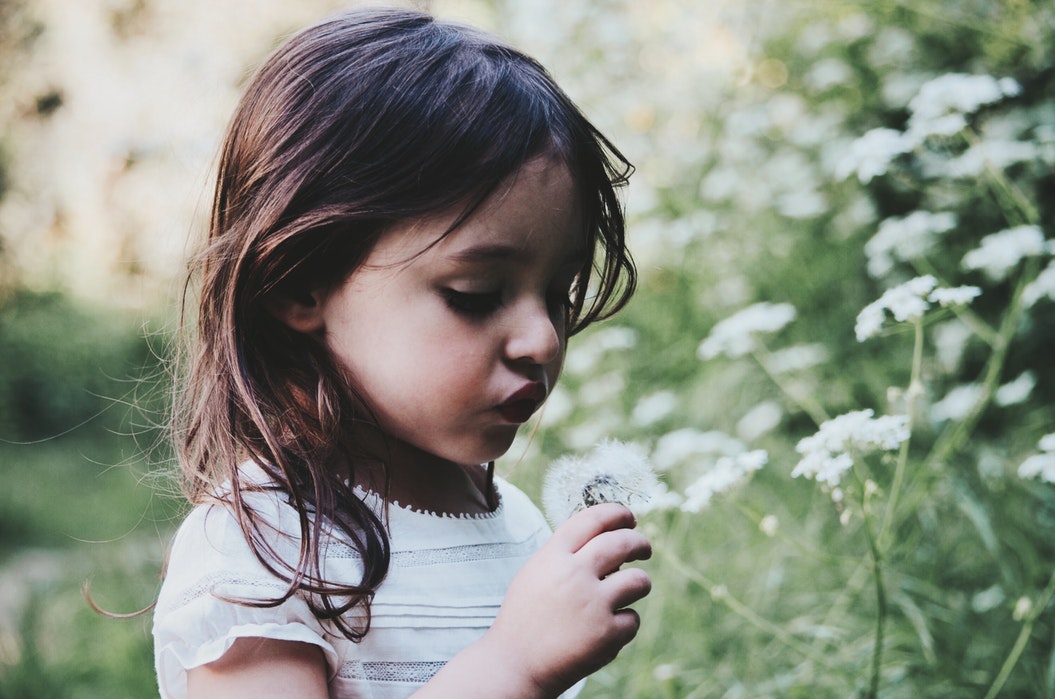
The emotional and psychological scars carved into us by our childhoods can be so deep that they stay with us well into adulthood. Plenty of research shows the many different ways Adverse Childhood Experiences can negatively impact our lives, even years after it happened. But acknowledging your pain and understanding your trauma is the first step to healing from it. By learning to accept your past, no matter how terrible it may have been, you are making a conscious effort to move on and keep it from defining your future.
Have you experienced any of these traumatic events when you were a child? Are you still struggling to get over it? Reach out to a mental healthcare professional today and get the help you need.
References:
- U.S. Department of Health and Human Services – Children’s Bureau (2020). “Adverse Childhood Experiences (ACEs).” Retrieved 28 April 2020 from https://www.childwelfare.gov/topics/preventing/preventionmonth/resources/ace/
- Centers for Disease Control and Prevention (2016). “About the CDC-Kaiser ACE Study: Major Findings.” Retrieved 28 April 2020 from https://www.cdc.gov/violenceprevention/acestudy/about.html.
- National Survey of Children’s Health (2016). “Trends in Adverse Childhood Experiences.” Retrieved 28 April 2020 from https://www.childtrends.org/indicators/adverse-experiences
- Teicher, M. P., Anderson, S. L. (2011). The Neurobiological Consequences of Early Stress and Childhood Maltreatment. Neuroscience & Biobehavioral Reviews, 27 (10); 33-44.
- Glasser, M., Kolvin, I., Campbell, D., Leitch, I., & Farelly, S. (2001). The Cycle of Child Abuse: Links Between Being a Victim and Becoming A Perpetrator. Journal of Psychiatry, 17 (9); 482-497.
- Bovarnick, S. (2007). Child Neglect: Short-term and Long-term Outcomes. London: National Society for the Prevention of Cruelty to Children.
- Yale Medicine Child Study Center (2020). “Parental Depression: How It Affects A Child.” Retrieved 28 April 2020 from https://www.yalemedicine.org/conditions/how-parental-depression-affects-child/
- Anda, R. F., Felitti, V. J., Bremner, J. D., Walker, J. D., Whitfield, C. H., Perry, B. D., & Giles, W. H. (2006). The Enduring Effects of Abuse and Related Adverse Experiences in Childhood. European Archives of Psychiatry and Clinical Neuroscience, 256(3), 174-186.
- American Addiction Center (2019). “What are the Effects of an Alcoholic Father on Children?” Retrieved 28 April 2020 from https://americanaddictioncenters.org/alcoholism-treatment/alcoholic-father
- Hughes, K., Bellis, M. A., Hardcastle, K. A., Sethi, D., Butchart, A., “Mikton, C., & Dunne, M. P. (2017). The effect of multiple adverse childhood experiences on health: a systematic review and meta-analysis. The Lancet Public Health, 2(8), e356-e366.
- Schilling, E. A., Aseltine, R. H., & Gore, S. (2007). Adverse Childhood Experiences and Mental Health in Young Adults: A Longitudinal Survey. BMC Public Health, 7(1), 30.
- Rigby, K. (2003). Consequences of bullying in schools. The Canadian Journal of Psychiatry, 48(9), 583-590.



Responses